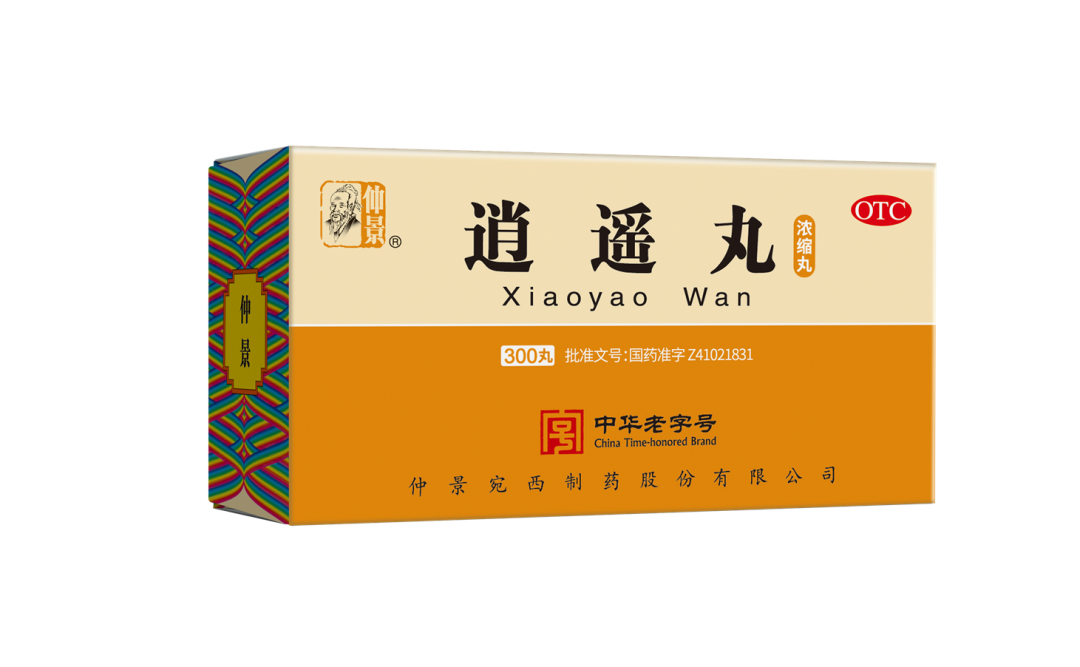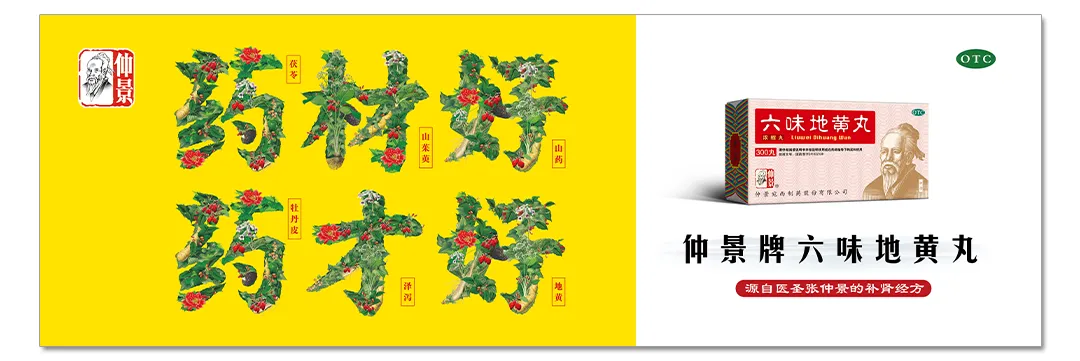Liver Qi stagnation refers to the syndrome characterized by the liver’s failure to disperse and the stagnation of Qi, also known as Liver Qi Stagnation Syndrome. In simple terms, it means that the Qi within the body cannot flow smoothly, leading to various problems.

We all know that the liver is one of the important organs in the human body. It is not only responsible for metabolism and detoxification but also closely related to our emotions and digestion. If Liver Qi is stagnant, our body will face a series of issues.
 What Are the Manifestations of Liver Qi Stagnation?
What Are the Manifestations of Liver Qi Stagnation?
Bitter Mouth
Have you ever felt that your mouth is always bitter when you wake up in the morning? This may be one of the manifestations of Liver Qi stagnation. Traditional Chinese Medicine (TCM) considers a bitter mouth to be an important sign of Liver Qi stagnation.

Sensation of a Lump in the Throat
Some friends may feel as if there is a chokeberry pit stuck in their throat, unable to spit it out or swallow it down. This condition is also a manifestation of Liver Qi stagnation.
Poor Appetite
Liver Qi stagnation can lead to various spleen and stomach issues, such as lack of appetite, bloating, and stomach pain. It can also cause stomach Qi to rebel, leading to a sensation of Qi rising in the stomach, resulting in belching, acid reflux, or even vomiting.
Chest and Rib Pain
Individuals with Liver Qi stagnation often feel a sensation of distension and pain in the ribs, which can vary in intensity. Symptoms may lessen with rest and worsen with activity. Gentle exercises can help alleviate the pain.

Easy Irritability
People with unrelieved Liver Qi often feel irritable, easily angered, and prone to brooding.
Menstrual Irregularities
Liver Qi stagnation can lead to irregular menstruation, causing women to experience delayed or early periods. The menstrual blood may contain clots, and the flow may be obstructed, which is also a manifestation of Liver Qi stagnation.
 Warm Reminder
Warm Reminder
Liver Qi stagnation can cause the above manifestations and also affect our sleep. Therefore, we need to adjust our emotions in a timely manner and maintain a pleasant mood; appropriately consume foods that soothe the liver and regulate Qi, such as flower teas like rose tea and jasmine tea. Moderate exercise can help relax the mind. You can choose activities based on personal preference, such as Ba Duan Jin (Eight Pieces of Brocade), Wu Qin Xi (Five Animal Frolics), Tai Chi, yoga, walking, or jogging.
If symptoms such as rib distension, low mood, unexplained sighing, mental fatigue, and poor appetite persist, consider using some medications, such as Xiao Yao Wan (Free and Easy Wanderer Pill), which helps regulate Liver Qi stagnation.

Xiao Yao Wan (Free and Easy Wanderer Pill) is used to soothe the liver, strengthen the spleen, and nourish the blood to regulate menstruation. It is mainly used for menstrual irregularities caused by unrelieved Liver Qi, chest and rib distension and pain, dizziness, and reduced appetite. The main ingredients of Xiao Yao Wan include Chai Hu (Bupleurum), Dang Gui (Angelica Sinensis), Bai Shao (White Peony), Bai Zhu (White Atractylodes), Fu Ling (Poria), Bo He (Peppermint), Sheng Jiang (Fresh Ginger), and Zhi Gan Cao (Honey-Fried Licorice). The main herb, Chai Hu, helps to soothe Liver Qi; Dang Gui and Bai Shao nourish the blood and moisten the liver to assist in its dispersal; Bai Zhu, Fu Ling, and Zhi Gan Cao strengthen the spleen and benefit Qi, aiding in blood production and nourishing the liver; Sheng Jiang warms the stomach and harmonizes; a small amount of Bo He assists Chai Hu in soothing the liver and dispersing heat.
Warm Reminder:
1. Over-the-counter medications should be taken according to the instructions or under medical advice; please read the instructions carefully before use.
2. Prescription medications should be taken under the guidance of a qualified physician.3. Use medications with caution; TCM emphasizes syndrome differentiation and treatment, and different conditions require different medications. Therefore, if you feel unwell, it is best to consult a qualified physician at a local hospital.
4. For patients with chronic diseases such as hypertension, heart disease, or liver disease, if you feel unwell, it is advisable to consult a qualified physician at a hospital and not to self-medicate.
Previous Content
1. If you are young and experiencing lower back and knee soreness, insomnia, and forgetfulness, it’s time to change those daily habits!
2. “Winter Solstice Adventures” meets Zhang Zhongjing! A journey to uncover medicinal cuisine secrets.3. Three minutes to explain the classics | The functions and clinical applications of Xiang Sha Yang Wei Wan (Aromatic Sand Stomach Pill) and Fu Zi Li Zhong Wan (Aconite and Ginseng Pill).4. Is it enough to just tonify the kidneys for lower back pain? Wait, first check if you have Yin deficiency or Yang deficiency.5. What is mammary gland hyperplasia? What is the relationship and difference between mammary gland hyperplasia and mammary nodules?Some images are sourced from Shetu Network, copyright belongs to Shetu Network.Zhongjing Health Hotline400-1515-688
Welcome to inquire!


